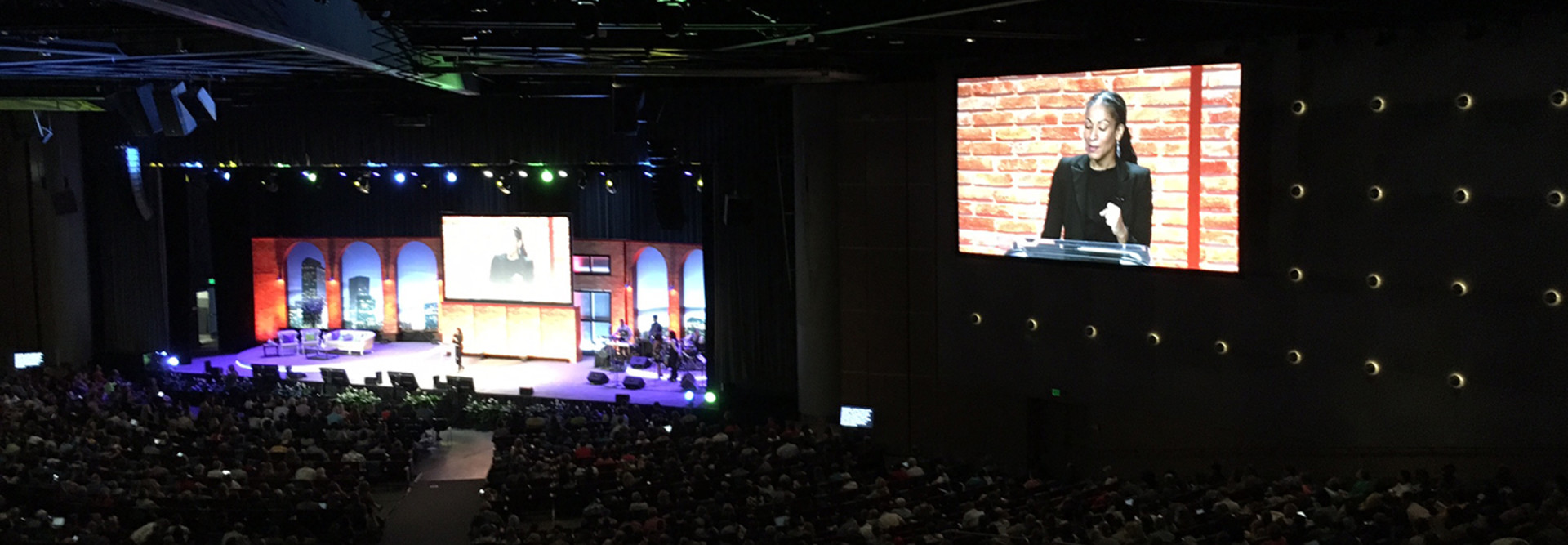ISTE 2016: Technology Alone Cannot Create Social Equality
While theoretical physicist Michio Kaku focused his ISTE 2016 opening keynote on the power of technology in education, Tuesday’s keynote speaker instead looked to the power of people.
“Our role as educators, I’m sure you would all agree, is to incubate a better world in the minds and hearts of our students,” said Ruha Benjamin, an author and assistant professor in the Department of African American Studies at Princeton University.
Ruha’s words echoed throughout Bellco Theatre, which was packed with thousands of educators and technologists who had filed into the Colorado Convention Center before 9 a.m. to hear her speak about the relationship between innovation and racial, economic and gender equity.
But far from praising technology’s ability to solve issues of equality, Ruha warned audience members that technology is often part of the problem. She said that is especially true when innovators attempt to fix social crises through technology — a phenomenon she called “discriminatory design.”
“Rather than address the underlying social and economic conditions that produce a problem, we design short-term responses that locate a problem inside certain kinds of people,” she said, citing the example of school metal detectors and other technologies aimed at managing the “problem student.”
Instead of looking for these temporary fixes, she said, society needs to “develop and hone new social technologies that will help transform the status quo.” Although Ruha admitted that the process will take time, she urged educators to set aside their desire for faster innovation in order to achieve real change.
“It’s in our interest to demand slower and more socially conscious technology development so that when we think about what it means to invest in technology and education, I really want us to move beyond questions of access and to think carefully about questions of design,” she said.
She closed with another call for action — one that asked educators to rethink their definition of “technology.”
“Love is in fact the most powerful technology at our disposal, with its ability to reshape human relations as we know it,” she said. “Let’s recommit ourselves to turn it on often and in abundance in service to humanity.”
Check out even more ISTE 2016 coverage by heading to EdTech’s event page.









